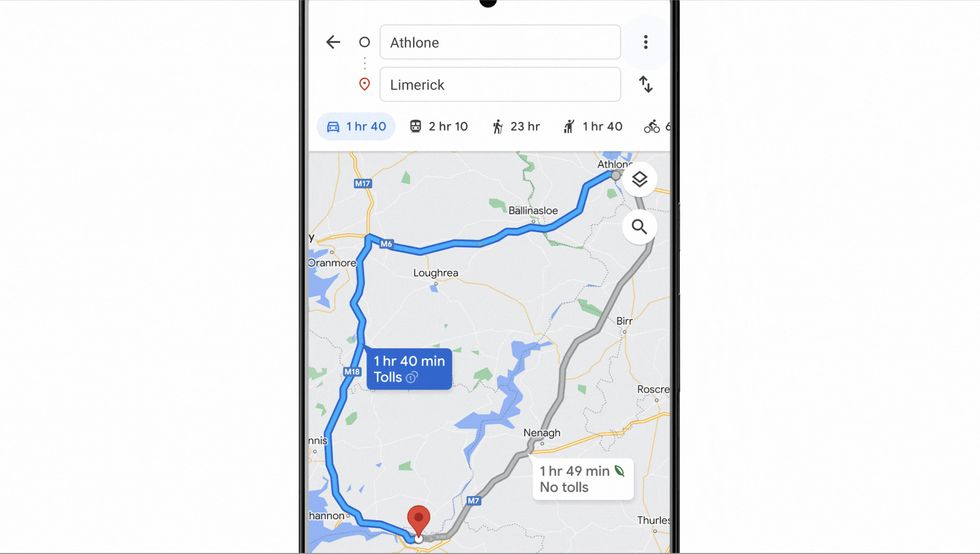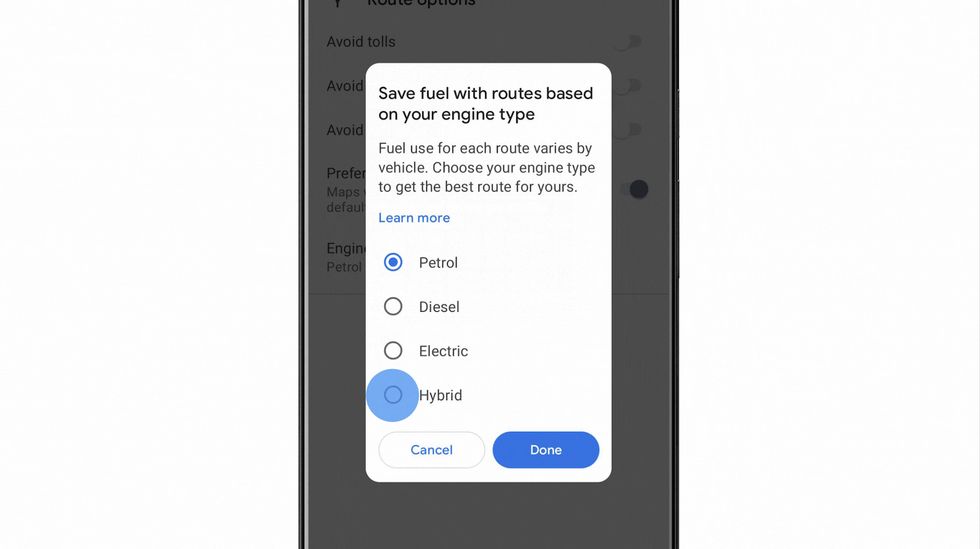Google Maps goes WOKE by bringing in eco-friendly driving routes - 'You're wasting my time!'

Google Maps will use fuel or energy efficiency as well as looking at traffic and road conditions to find the best route for the driver.
Google Maps












